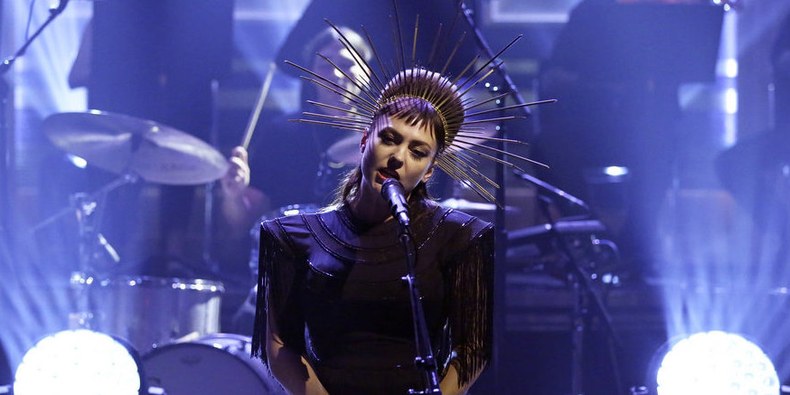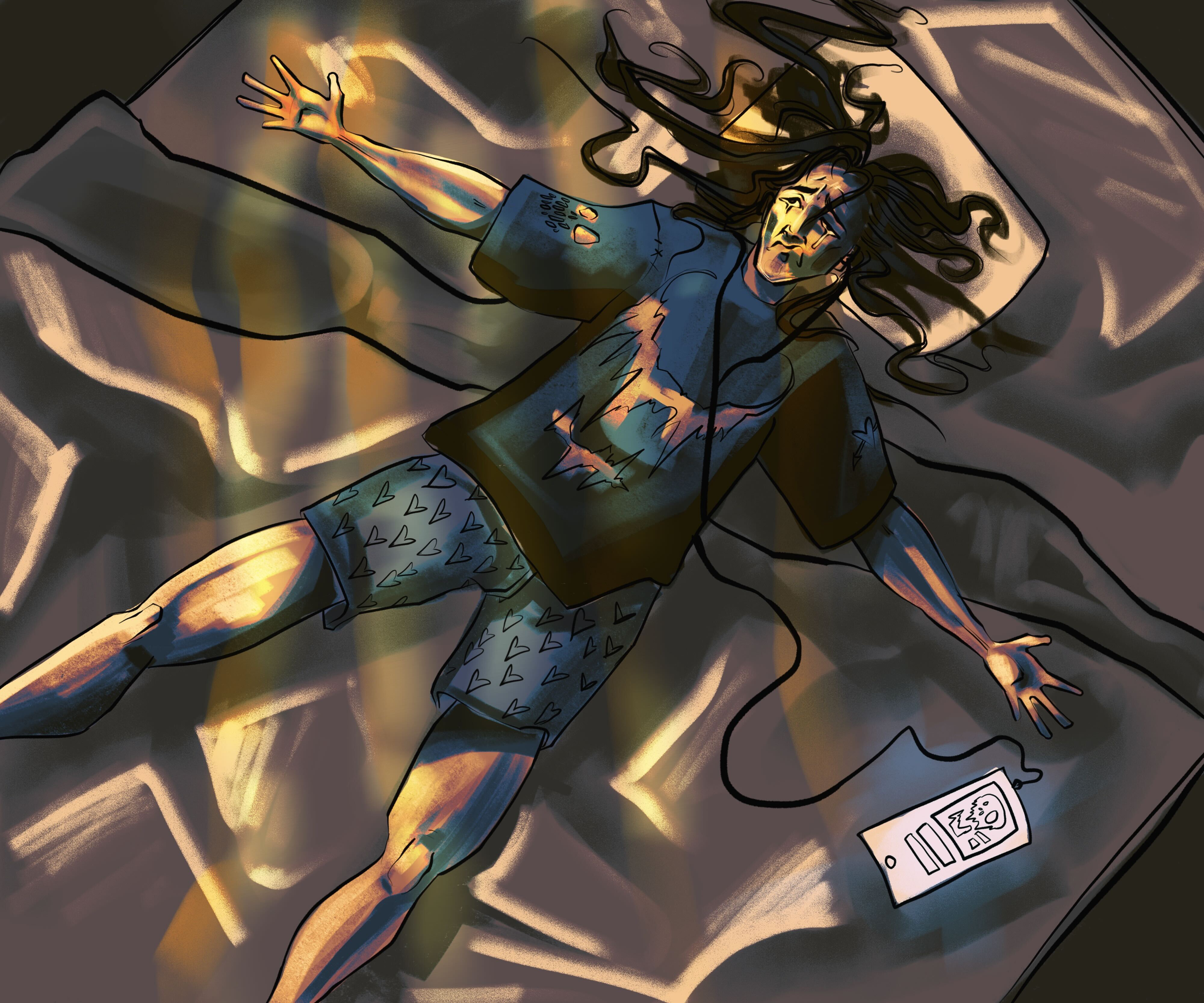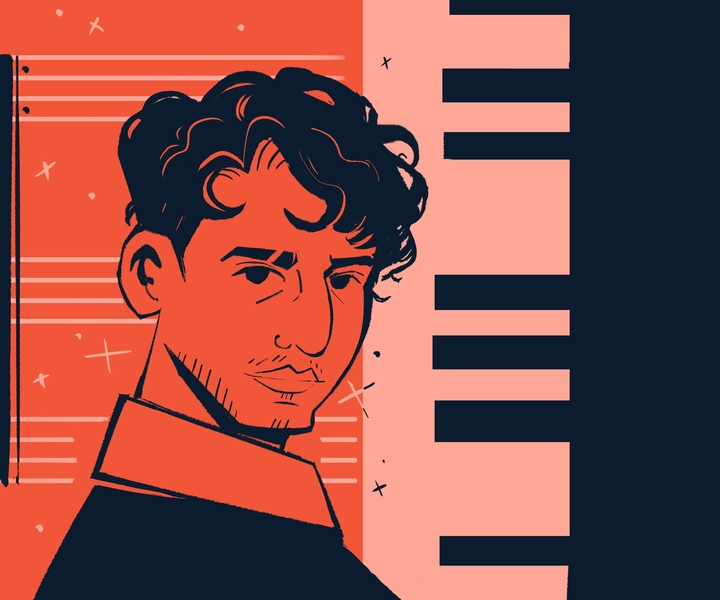None of Angel Olsen’s records sound the same, and her fourth full-length carries the singer/songwriter further off the grid than ever. The fervent crunch of 2016’s My Woman and gentle unease of 2014’s Burn Your Fire For No Witness are nonexistent on All Mirrors, a release relished in orchestral rock and art pop. Multiple expertly placed string sections flaunt the 11 songs, guiding stories of misunderstanding, optimism, and skepticism of life. The cover contains nothing but a close-up of a stern Olsen in grayscale, the first symbol of its melancholic murmurs to come.
The LP is anchored by the marvelous title track, a bewitching tune with a murky meaning. Maybe it’s an ode to a simpler period of Olsen’s life, one before the indie spotlight shined. “Losin’ beauty, at least at times it knew me” she wails. Perhaps she’s entered the club of grown-ups begging to be young again. She’s now in her 30s, these days seen as a death sentence for youthhood. The writing is a treasure map that’s only further perplexed by the mind-boggling video, which sees Olsen make a breakthrough of some sort during the song’s blazing midpoint. Sharp crescendos clashing with Olsen’s booming voice like this provide many songs a worthy climax.
The instrumentation plays a crucial role on the album. Opposed to her previous works, the production of All Mirrors is fit for a grand opera house, not a coffee shop open mic night. Given the enchanting string work on the bridge of “New Love Cassette” and sonical storytelling of “Lark”, we can’t help but think we’re doing Olsen dirty by experiencing it through a pair of headphones. The latter is one of those songs resembling a feature film. There’s a clear beginning, middle, and end here: a somber start segues to a series of dizzying strings mimicking the scene of a blowout argument. She questions her once lover, “What about my dreams?”. It’s a nod to things to come, Olsen hinting the legitimacy of her reality echoes in the tracks that follow. This is, after all, a work that dips into surreal, bustling production constantly peering over her shoulder as she enters the dark.
The philharmonic paints a detailed portrait, but that’s not to say the journey doesn’t come without some candid insights. “Knowing that you love someone/Doesn’t mean you ever were in love” she admits on “What It Is”. Even “Spring”, which according to Olsen is one of the “happiest” on here, has its tonal negativity. She gets caught up singing of a hopeful future, holding a child she doesn’t currently have, then tearing down the facade and blaming her career for personal struggles. “How time has revealed how little we know us/I’ve been too busy/I should’ve noticed”, preceding another verse where she thinks this is all just a dream.
Olsen often switches up her delivery from droopy laments to glass-cracking roars. Sure, we’ve heard her ambush the mic before (see My Woman hit “Shut Up Kiss Me”), though nothing near the magnitude of slamming choruses in the album’s opening act. But when she’s not defiant in her delivery, the vulnerability takes over. “Tonight” is written like it’s meant to be an empowering ballad for someone who just gained an ex, but it’s sung in a weepy voice as though her heart is trying to send us a message her brain is too afraid to own up to.
Emotions get just as much exercise as the orchestra in All Mirrors, so far the deepest dig into the North Carolinian’s mind. When it lacks the listenability of opus My Woman, the tight poetry that made Olsen an indie folk star is still around, this time with an orchestra that has its presence felt.



